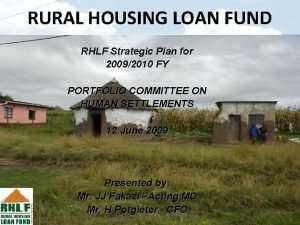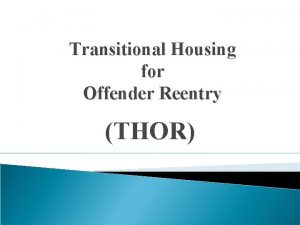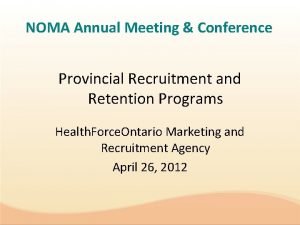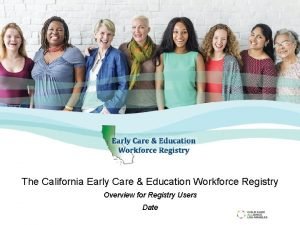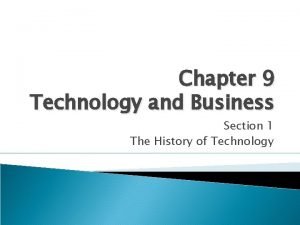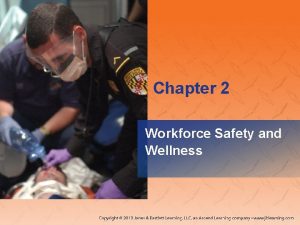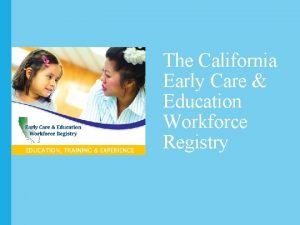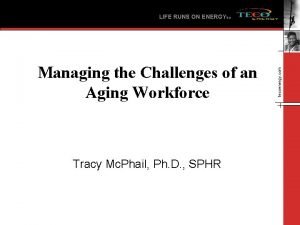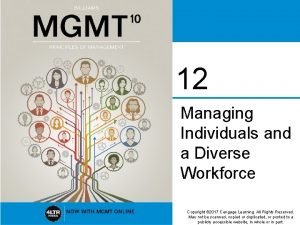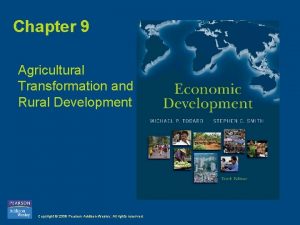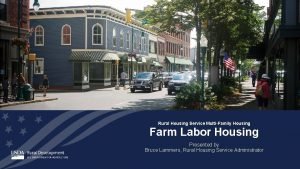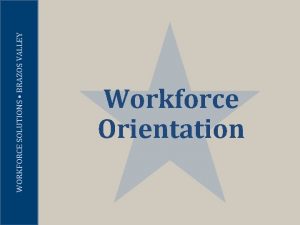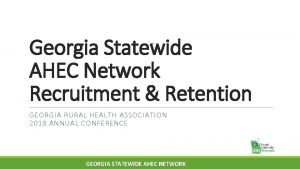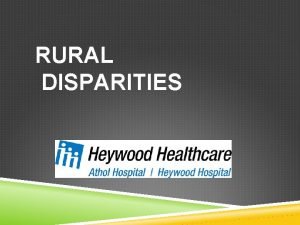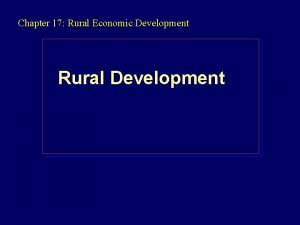Workforce Housing in Rural Georgia UGA Housing and


















- Slides: 18

Workforce Housing in Rural Georgia UGA Housing and Demographics Research Center Department of Community Affairs Georgia Rural Development Council


What housing can the workforce afford? To pay the Fair Market Rent in non-metro Georgia one must earn $8. 35 an hour and work 40 hours a week. Someone earning $30, 000 annually can afford a home costing no more than $86, 800. The average sale price of a new home in Georgia is $157, 801.

Percent Living Below Poverty 680, 000 Georgia households have combined incomes of less than $20, 000. 1, 050, 000 Georgia households have combined incomes of less than $30, 000.

Success Stories

What new housing units are built in Georgia? More than 75% is site-built single family 60 to 65% is site-built single-family 50% to 75% is manufactured housing

Important Sectors of the Workforce Choose NOT to Live in Rural Communities § From the Town Hall meetings - Teachers and indust upper management don’t live in the county of the employment. § In 2 of the 3 industries we surveyed none of the managers lived in the county.

Most Know Little About Housing Programs From the Town Hall meetings: Lack of knowledge about existing programs for low-income and first-time home buyers From the employee surveys: 86% had no knowledge about programs to help them rent or buy housing

Important Barriers to Increasing the Supply of Affordable Housing From the Town Hall meetings and GEDA survey: Land infrastructure isn’t available for subdivisions. The profit margin for building affordable housing is low; volume is important. The major reasons consumers have trouble qualifying for traditional financing is credit worthiness.

A Coalition is Needed to Address Georgia’s Workforce Housing Issues

Policy Recommendations

Increase the Supply of Quality, Lowto-Moderate Income Rental Housing Establish a development fund Co-sponsor federal legislation to widen the income eligibility requirements for Low Income Housing Tax Credit Improve enforcement of building codes; consider a matching grant program Provide incentives for projects that preserve and rehabilitate existing rental housing

Increase the Supply of Owner. Occupied Single-Family Housing Establish a development fund Encourage employer-assisted home buyer programs Establish a public-private consortium to encourage well-planned manufactured housing developments and removal of dilapidated manufactured housing

Foster Locally-Based Housing Solutions Establish a technical assistance program at DCA to provide on-site technical expertise to local leaders and employers Urge local entities to publicize creative efforts to address housing issues

Increase the Consumer Literacy of Georgia’s Workforce • Create a coordinated statewide network to provide homebuyer education and counseling • Educate the workforce and community leadership on existing programs • Establish a consumer education curriculum in public and private schools • Increase awareness and capacity of the Landlord-Tenant Hotline Program

Enhance Housing Leadership at the Local Level • Expand refine an annual statewide housing conference • Broaden housing issues training for local leaders • Develop a tool kit for employers • Encourage local housing professionals to participate in leadership training • Involve public and private groups in identifying local barriers

Develop Ongoing Capacity to Research, Analyze, & Develop Policy & Program Recommendations § Create a statewide clearinghouse for housing data managed by the UGA HDRC in collaboration with other research centers § Develop a multi-year work plan to conduct housing research to support a state housing policy

 Uga housing
Uga housing Rural housing loan fund
Rural housing loan fund Single family housing section 504 repair pilot program
Single family housing section 504 repair pilot program Rural multifamily housing
Rural multifamily housing 6 month thor approved rehab
6 month thor approved rehab Patterns behavioral services howell mi
Patterns behavioral services howell mi Hfojobs
Hfojobs Hr metrics and workforce analytics
Hr metrics and workforce analytics Early care and education workforce registry
Early care and education workforce registry A newly formed business that is usually small
A newly formed business that is usually small Chapter 2 workforce safety and wellness
Chapter 2 workforce safety and wellness California workforce registry
California workforce registry English
English Managing the aging workforce challenges and solutions
Managing the aging workforce challenges and solutions Surface level diversity
Surface level diversity Urban rural difference
Urban rural difference Chapter 9 agricultural transformation and rural development
Chapter 9 agricultural transformation and rural development Chapter 9 agricultural transformation and rural development
Chapter 9 agricultural transformation and rural development Rural area definition
Rural area definition

